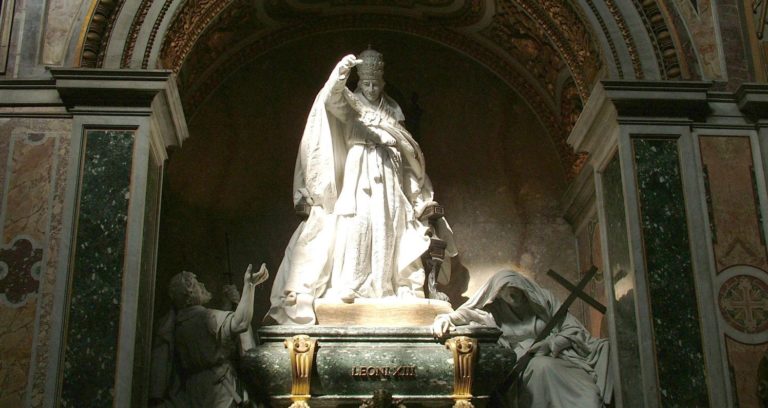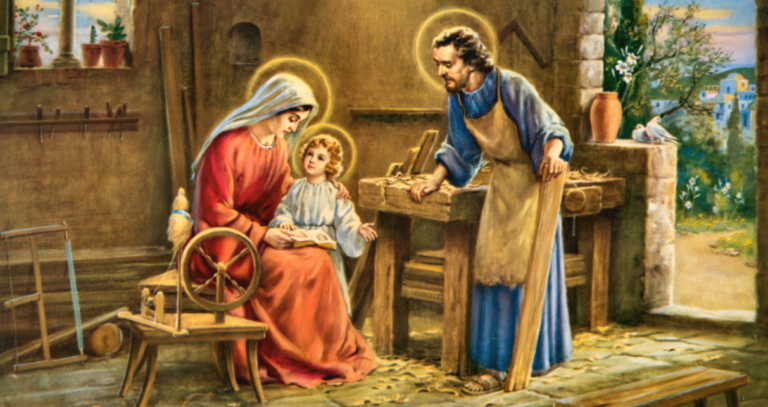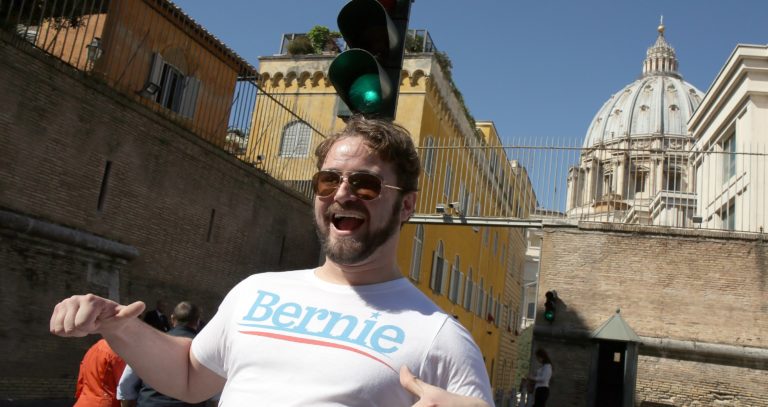Donald Trump and the Politics of Charity
“We are a working-class party now. That’s the future.” — Senator Josh Hawley I’ve held off on writing a post-election column, hoping against hope that the votes would be counted quickly and fairly. I suppose that was naïve. At this rate—and regardless of who “wins” in the end—half of the American people will feel cheated … Read more





